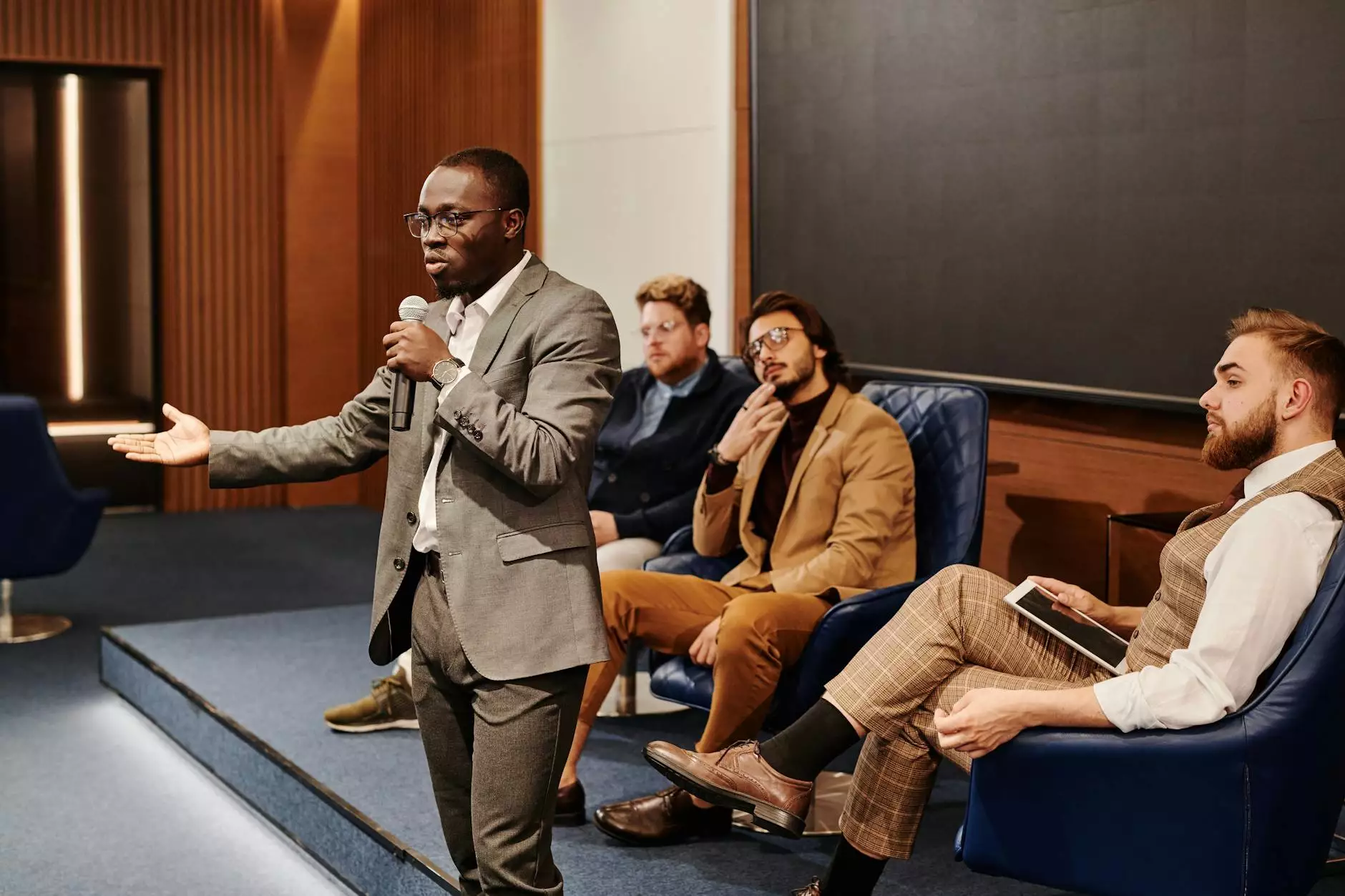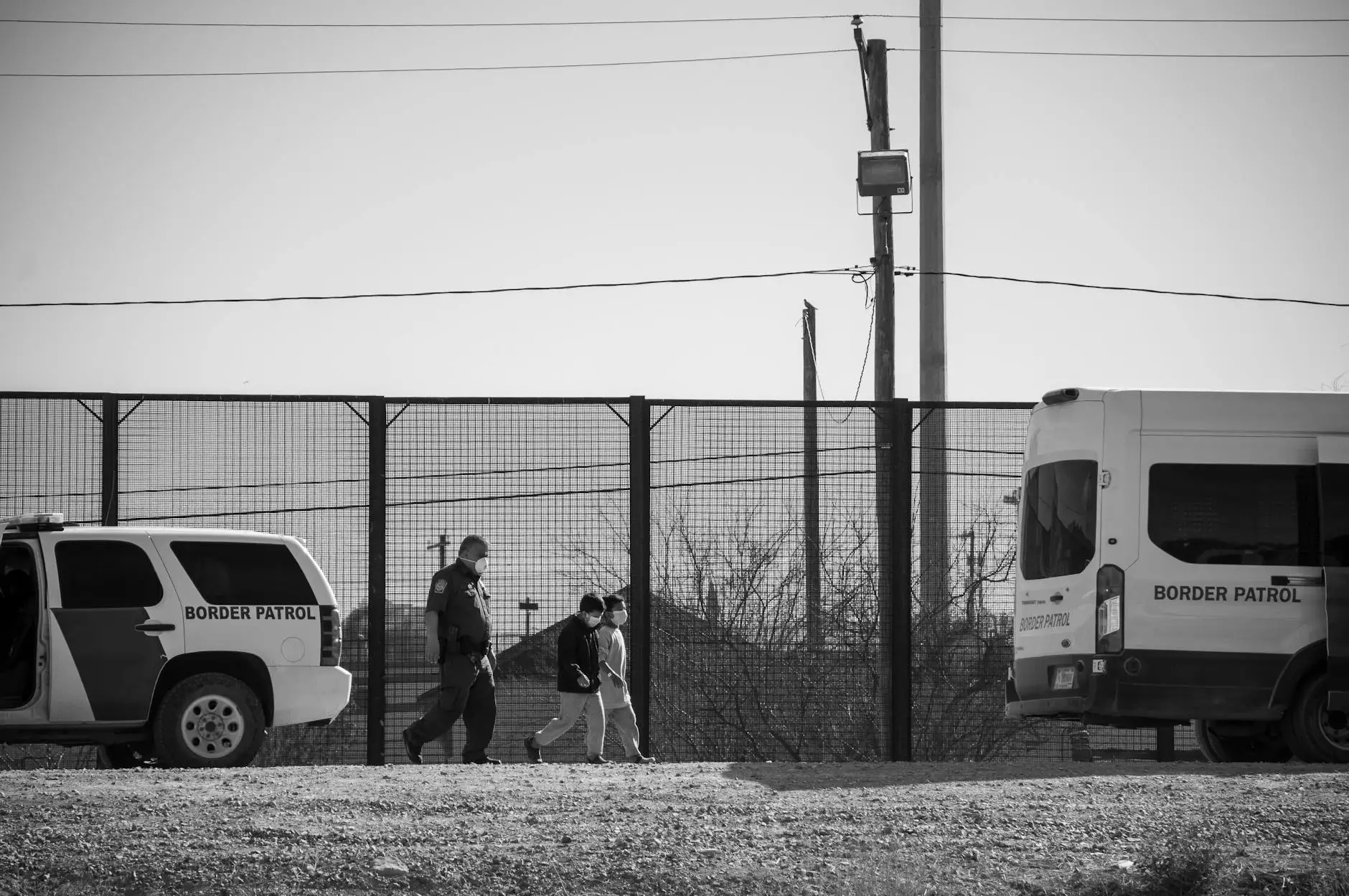The Unmatched Experience of Going to a Black Church

Going to a black church is not merely attending a religious service; it is an immersion into a profound cultural experience that uplifts the spirit and enriches the community. From the powerful sermons to the harmonious gospel music, the experience encompasses the essence of faith, resilience, and unity, which embodies the rich heritage of the African American community. This article delves deep into the multifaceted aspects of attending a black church, highlighting its significance in fostering community, promoting social justice, and creating a welcoming atmosphere for all.
The Historical Significance of Black Churches
To fully appreciate what it means to go to a black church, one must understand the historical context from which these religious institutions emerged. Post-slavery America saw a significant number of African Americans seeking not only spiritual solace but also a community where they could express their distinct cultural identity. Black churches became sanctuaries of hope and resilience, serving as a hub for social justice initiatives, educational advancement, and community organization.
The Role of Black Churches in Community Development
Black churches have historically played a pivotal role in the development and cohesion of African American communities. The influence of these institutions extends beyond the spiritual realm:
- Educational Opportunities: Many black churches have contributed to education by establishing schools and providing scholarships for local children.
- Social Services: They often serve as a point of access for various social services, including food banks, counseling, and job placement programs.
- Advocacy for Civil Rights: Prominent figures in the black church, such as Dr. Martin Luther King Jr., have been at the forefront of advocacy for civil rights, using the church as a platform for change.
The Worship Experience: A Unique Blend of Culture and Faith
When you attend a service at a black church, you will notice that worship is a lively and dynamic affair. The church experience often includes:
- Powerful Preaching: Sermons in black churches are often passionate, profound, and relatable, drawing on biblical texts as well as contemporary issues facing the community.
- Gospel Music: Music plays an essential role in the worship experience. From traditional hymns to contemporary gospel, music serves as a means of spiritual expression and connection.
- Congregational Participation: Attendees are encouraged to participate actively—whether through singing, clapping, or responding to the preacher—creating a deeply engaging atmosphere.
The Impact of Music in Black Worship
Gospel music is perhaps one of the most distinctive elements of black church worship. Drawing from a variety of influences, gospel music serves not just as a form of entertainment but as a means of worship and spiritual expression. The themes often reflect:
- Faith: Lyrics emphasize trust in God and the power of faith.
- Struggle: Many songs recount the struggles and triumphs faced by African Americans.
- Community: Music often fosters a sense of belonging and community spirit.
The Sense of Community at Black Churches
One of the most welcoming aspects of going to a black church is the immediate sense of community it offers. Here, people are not just congregants; they are family. This community bond is cultivated through:
- Shared Experiences: Many members share similar backgrounds, stories of struggle, and triumphs, leading to deep connections.
- Social Gatherings: Beyond Sunday services, churches often host social events, workshops, and communal meals that foster unity.
- Support Networks: Church members often form support networks that extend to life events such as births, deaths, and other significant milestones.
Encouraging Fellowship and Acceptance
Black churches are known for their fellowship and acceptance of all who walk through their doors. The inclusivity found in many of these congregations speaks volumes about their commitment to embracing diversity. The atmosphere encourages individuals from all walks of life to join in worship and community engagement.
Welcoming Everyone
Many churches actively work to create a welcoming environment for newcomers. This might include:
- Warm Greetings: Members often extend a friendly welcome to visitors, eager to share in the service and hospitality.
- New Member Classes: To help newcomers integrate, many churches offer classes that introduce the church’s mission and values.
- Opportunities for Involvement: New attendees are encouraged to join ministries that align with their interests and talents, fostering a sense of belonging.
Community Outreach and Social Justice Initiatives
Black churches play an integral role in community outreach and social justice. Many congregations instill a sense of responsibility to advocate for change and support underserved communities. Their outreach efforts often include:
- Food Drives: Churches often organize food drives to combat hunger in their communities.
- Voter Registration Drives: Black churches have been pivotal in encouraging civic engagement, often hosting events to educate and register voters.
- Health Initiatives: Many churches host health fairs and wellness programs to address health disparities within the community.
Involvement in the Civil Rights Movement
No discussion about black churches would be complete without acknowledging their role in the civil rights movement. Leaders from these congregations have been instrumental in advocating for racial equality. The church served as a meeting place and organizing hub for many notable events, exemplifying their long-standing commitment to justice.
The Spiritual Growth and Personal Development
Another significant aspect of going to a black church is the focus on personal and spiritual growth. Many members experience transformative spiritual journeys that lead them to develop new skills, perspectives, and leaders within the community.
- Bible Studies and Workshops: Churches often provide resources for personal development through scripture study and workshops.
- Mentorship Programs: Many churches implement mentorship programs to nurture younger generations.
- Encouragement to Lead: Congregants are often encouraged to take on leadership roles, whether in church activities or wider community initiatives.
The Lasting Impact of Black Churches
In summary, going to a black church is an enriching experience that goes far beyond traditional worship services. It is a celebration of culture, history, and the collective strength of a community. The importance of black churches continues to resonate, not just in the spiritual realm but also in the spheres of education, social justice, and community service.
A Call to Experience Togetherness
For those seeking a sense of belonging and connection, visiting a black church offers an incredible opportunity to experience the power of faith and community. Whether you are looking to worship or simply to learn, the doors are always open at these vibrant institutions. Embrace the chance to be part of a rich tradition that uplifts and unites.
Conclusion: Embracing the Diversity of Worship
As we reflect on the unparalleled experience of attending a black church, it becomes clear that these establishments serve a vital role not only in their immediate communities but also in the broader narrative of faith in America. They are bastions of hope, resilience, and unyielding spirit—each Sunday a reminder of the power of unity and faith.
So, whether you are a lifelong member or considering your first visit, know that the black church stands as an emblem of strength and community. Going to a black church is an invitation to join in celebration, to engage with profound spirituality, and to contribute to a legacy of hope and renewal.









